Much of this difficult year has been spent in uneasy, uncertain waiting – waiting for businesses and schools to reopen, waiting for the development of a vaccine, waiting for life to return to normal and, for some, waiting for COVID test results. Perhaps most of all, we have spent many anxious months simply waiting to see what happens next.
Now the Church calendar brings us to a different kind of waiting. The season of Advent, which appropriately begins a new liturgical year, is a time of expectation and preparation for the coming of Christ – at Christmas and again at the end of the world. For the Christian believer, this is a time of happy waiting because we know what is coming, and it is the greatest of all gifts.
The wonderful traditions of the Advent calendar and the Advent wreath give us excellent ways to observe this blessed season in the home, which I strongly encourage. The Church also gives us several beloved feast days to celebrate during these four weeks – St. Nicholas on Dec. 6, the Immaculate Conception on Dec. 8, and Our lady of Guadalupe on Dec. 12.
Advent comes during the darkest days of the year in the northern hemisphere. This is, however, the dark that precedes the dawn. The light of Christ is coming! We must be ready for it.
That is the message of St. John the Baptist in the Gospel readings for the second and third Sundays of Advent. John clearly knows who he is and what his mission is. He denies being the Messiah, or Elijah or the Prophet. Rather, he says he is “the voice of one crying out in the desert, make straight the way of the Lord” (Jn. 1:23).
The beginning of that same Gospel reading uses a different image for John the Baptist: “He was not the light, but he came to testify to the light” (Jn. 1:8). As Christian disciples, this is our mission as well – to radiate Christ, the light of the human race, and bring others into a deeper relationship with Him. The first person to present Jesus to the world was the Blessed Virgin Mary after accepting him into her womb. As a result of her “yes” to God’s will, “the Word became flesh and made his dwelling among us” (Jn. 1:14).
The Incarnation is so important that Christmas is not just one day on the Church calendar, but an entire season that continues until the Baptism of the Lord is celebrated on the first Sunday after Epiphany. Even in the secular world, the social celebration of Christmas, marked by parties and visits with friends and family, is not relegated to just one day.
This year, one characterized by so many stresses and disruptions in our lives, we may find ourselves longing for “normal” Christmas celebrations – both at Mass and with our loved ones. However, it cannot be quite the same as we continue to struggle with the reality of the global pandemic. Churches that are usually packed on Dec. 24 and 25 may not be as full because of social distancing restrictions and the absence of those at risk for COVID. Choirs may be smaller. And in the social sphere, parties may be fewer.
However, what has not changed is far more important: God loves us so much that he sent His only Son as Emmanuel – “God with us” (Mt. 1:23) – to offer us peace, joy and the fulness of life. The celebration of that Good News is well worth the wait!
May you have a blessed Advent and a joy-filled Christmas. And if you are able to safely receive the sacraments but have not done so for several months or even several years, please come home for Christmas and experience the blessing and peace of the Christ child.
